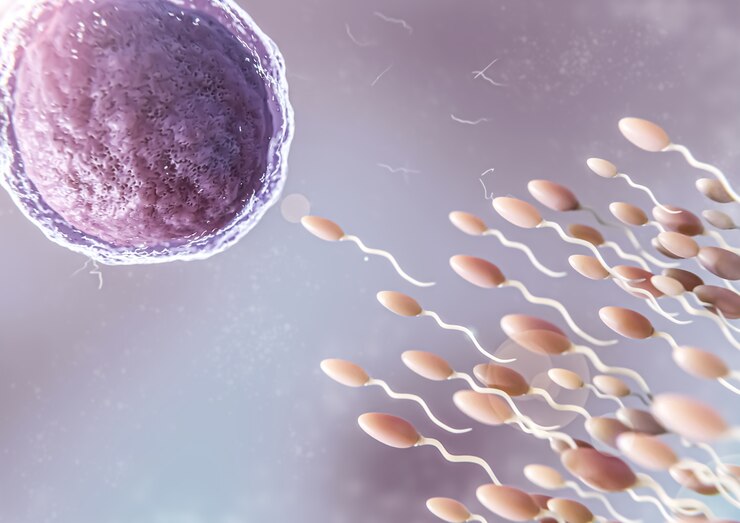Infertility

What is Infertility?
Infertility is a medical condition where a couple is unable to conceive after one year of regular, unprotected intercourse. It can affect both men and women and can result from various factors impacting the reproductive system.
Types of Infertility
- Primary Infertility: Difficulty in conceiving for a couple who has never had a child.
- Secondary Infertility: Difficulty in conceiving for a couple who have previously conceived naturally but are unable to do so again.
Causes of Infertility
Female Factors:
- Ovulation Disorders: Problems with ovulation, such as Polycystic Ovary Syndrome (PCOS), hormonal imbalances, or premature ovarian failure.
- Fallopian Tube Damage: Blockages or damage due to pelvic inflammatory disease (PID), endometriosis, or previous surgeries.
- Uterine or Cervical Issues: Fibroids, polyps, or abnormalities in the shape of the uterus.
- Age: Declining egg quality and quantity as women age.
Male Factors:
- Sperm Disorders: Low sperm count, poor sperm motility, or abnormal sperm shape.
- Hormonal Imbalances: Low levels of testosterone or other hormonal issues.
- Genetic Disorders: Conditions like Klinefelter syndrome.
- Lifestyle Factors: Smoking, excessive alcohol consumption, drug use, and obesity.
Symptoms of Infertility
Female Symptoms:
- Irregular or absent menstrual cycles
- Painful periods or pelvic pain
- Unexplained weight gain or loss
- Hormonal imbalances, such as skin changes or hair growth
Male Symptoms:
- Changes in sexual function, such as difficulty with ejaculation or erectile dysfunction
- Pain or swelling in the testicles
- Decreased facial or body hair
Diagnosis of Infertility
For Women:
- Ovulation Testing: Blood tests to measure hormone levels.
- Imaging Tests: Ultrasound or hysterosalpingography (HSG) to check for blockages or abnormalities.
- Laparoscopy: A minimally invasive procedure to examine the pelvic organs.
For Men:
- Semen Analysis: To evaluate sperm count, motility, and morphology.
- Hormone Testing: Blood tests to check hormone levels.
- Genetic Testing: To identify potential genetic causes of infertility.

